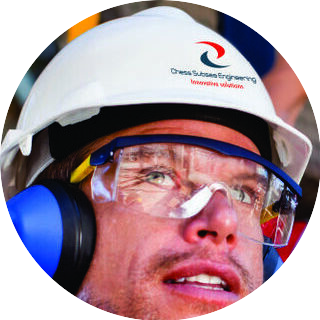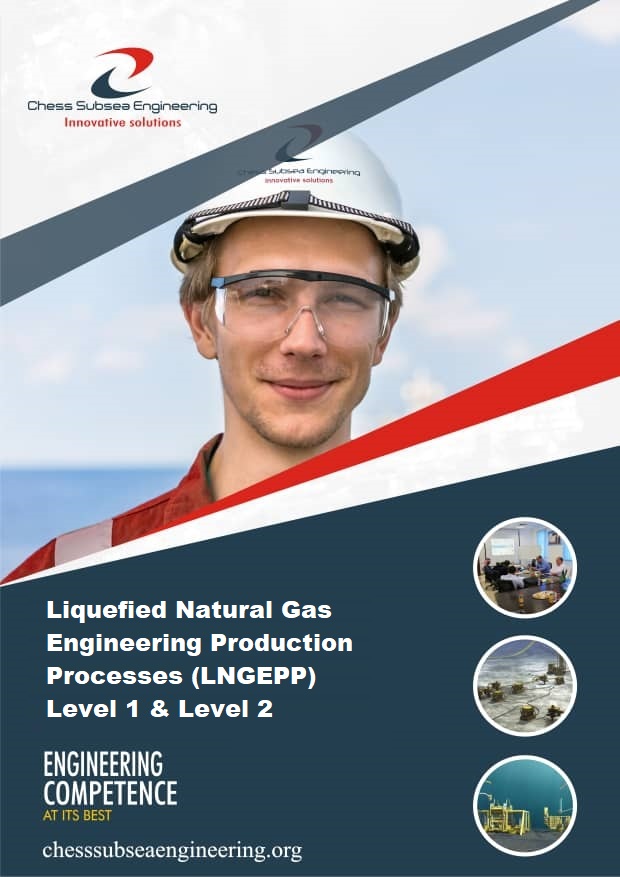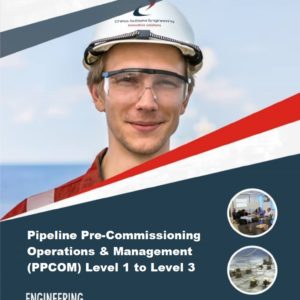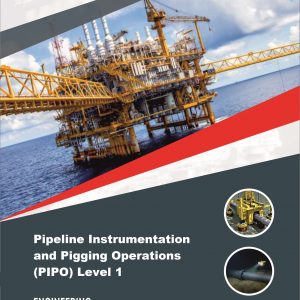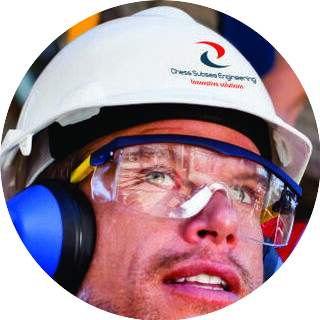Description
Liquefied Natural Gas (LNG) engineering is a branch of engineering that deals with the production, transportation, and storage of LNG. LNG is natural gas that has been cooled to a temperature of -162°C (-260°F) at atmospheric pressure, which causes it to liquefy and reduces its volume by about 600 times. LNG is an important source of energy and is used for a variety of applications, including power generation, heating, and transportation.
LNG engineering involves several disciplines, including chemical engineering, mechanical engineering, electrical engineering, and civil engineering. The process of producing LNG involves several stages, including gas treatment, liquefaction, transportation, and regasification.
Gas treatment involves removing impurities such as water, carbon dioxide, and sulfur from the natural gas. This is followed by liquefaction, which involves cooling the gas to its liquefaction temperature using refrigeration systems. The LNG is then stored in cryogenic tanks and transported by ships, trucks, or pipelines to its final destination.
Transportation of LNG requires specialized infrastructure and equipment, including LNG carriers, regasification terminals, and storage tanks. Regasification involves heating the LNG back to its gaseous state before it is used as a fuel or for other applications.
LNG engineering also involves considerations of safety, environmental impact, and regulatory compliance. Safety considerations include the prevention of leaks, spills, and explosions, as well as the protection of personnel and equipment. Environmental impact considerations include the reduction of greenhouse gas emissions and the protection of marine ecosystems.
Liquefied Natural Gas Engineering Production Processes (LNGEPP) Level 1 & Level 2 covers LNG Production Process, Sour Gas Plant with NGL Recovery, Natural Gas Condensate Separation, Natural Gas Industry Sector & Operation, Heat Exchangers, Scrubbers & Reboilers, Compressors, Anti Surge & Performance, Natural Gas Processing Architecture, Acid Gas Removal Process, Mercury Removal, Nitrogen Rejection, NGL Recovery, Fractionation Train, Gas Sweetening Process, LNG Lifecycle, LNG Liquefaction, Storage, Transport and Regasification, CNG Technology, Transportation of the Gas, Comparison of CNG and LNG, Advantages of CNG over LNG, F-T Synthesis, GTL Technology Assessment and more.
LNGEPP Level 1 & Level 2 is designed to provide detailed knowledge of liquefied natural gas engineering production processes and will assist those who are switching or enhancing their career in LNG.
Course Outlines
LNG Production Process
What are Sour Gasses
Sour Gas Plant with NGL Recovery
Natural Gas Condensate Separation
Natural Gas Industry Sector & Operation
Heat Exchangers
Scrubbers & Reboilers
Compressors, Anti Surge & Performance
Natural Gas Processing Architecture
Acid Gas Removal Process
Dehydration
Mercury Removal
Nitrogen Rejection
NGL Recovery
Fractionation Train
Gas Sweetening Process
What is LNG
LNG Lifecycle
Basic Facts about LNG
LNG Liquefaction
Storage, Transport and Regasification
Introduction to CNG
Advantages
CNG Technology
Transportation of the Gas
CNG Application
Comparison of CNG and LNG
Advantages of CNG over LNG
What are GTL?
F-T Synthesis
GTL Technology Assessment &
GTL Costs
Technical Support References
Ref 1: Overview of LNG Production Process
Ref 2: Gas & Treatment Compression Process Steps
Ref 3: Natural Gas Processing Steps
Ref 4: Liquified Natural Gas (LNG) Processing Steps
Ref 5: Compressed Natural Gas Steps
Ref 6: Gas to Liquid (GTL) Technology Process Steps
Ref 7: Case Study of Gas & Treatment Compression
Ref 8: Case Study of Natural Gas Processing with JSA Steps
Ref 9: Case Study of Liquified Natural Gas (LNG) Processing with JSA Steps
Ref 10: Case Study of Compressed Natural Gas Steps Case Study with JSA Steps
Ref 11: Case Study of Gas to Liquid (GTL) Technology Process Steps with JSA Steps
Assessment
Participant underpinning knowledge of liquefied natural gas engineering production processes will be accessed with short answer multiple-choice questionnaire at the conclusion of the course.
Outcome
Participants will gain an in debt understanding of liquified natural gas engineering production processes. They will also be able to function with minimum supervision as LNG Engineers for Operating companies (usually oil companies) that hold exploration and production licences, Drilling companies, Heavy Industry and construction facilities.
Professional Certificate
Issued directly by Chess Subsea Engineering Europe.
Participant may be presented for Offshore Petroleum Training Organization (OPITO) Certification.
How to Register
Click here to download registeration booklet on msword and email completed booklet to info@chesssubseaengineering.org directly.

